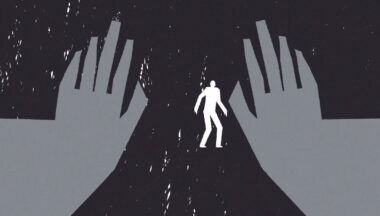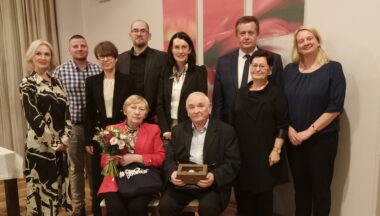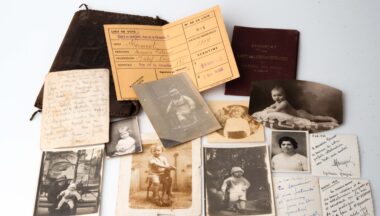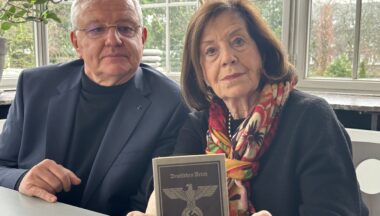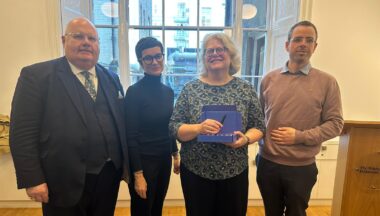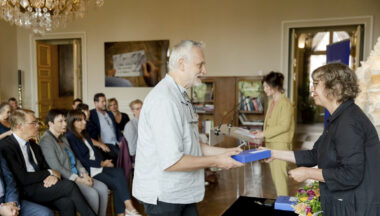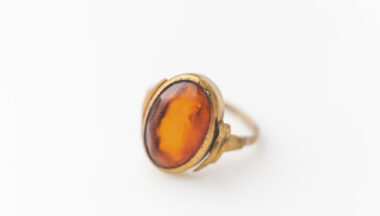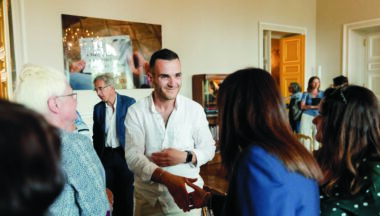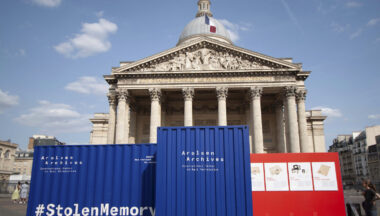#StolenMemory in Paris: Families of Three Concentration Camp Inmates Receive Mementoes
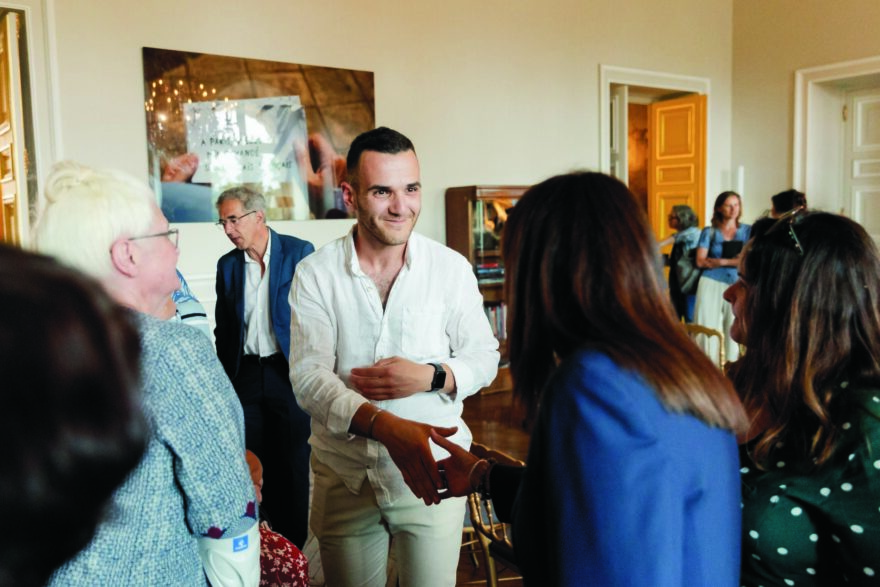
With the help of volunteers, staff of the Arolsen Archives have found the families of three victims of persecution from France. The mayor of Paris, Anne Hidalgo, hosted the return ceremony. For Kabir Boucif, it was a very special moment when he received the watch and the signet ring that had belonged to his murdered great-grandfather.
“Now the truth is coming out – and is being restored so many years later.” Kabir Boucif found out from the Arolsen Archives that his great-grandfather Rabia Boucif had not abandoned his family as had long been assumed, but had been deported and murdered by the Nazis. For the young man and his father, the return of Rabia’s personal belongings heals a deep wound in the history of this French-Algerian family.
Arrested by the Nazis in France and deported to the Neuengamme concentration camp
Rabia Boucif was born in Constantine, Algeria, in the mid-1890s. He had eight children and came to Saint-Étienne in France to work as a miner. The reason for his arrest in December 1943 is unknown. Rabia’s family in Algeria had no idea that he had been arrested. They assumed he had abandoned them to start a new life in France. But in reality, the German occupiers had arrested him and then deported him. He passed through the prison in Lyon and the Compiègne transit camp before finally ending up in the Neuengamme concentration camp in Hamburg. This is where the SS took his signet ring and pocket watch away from him.
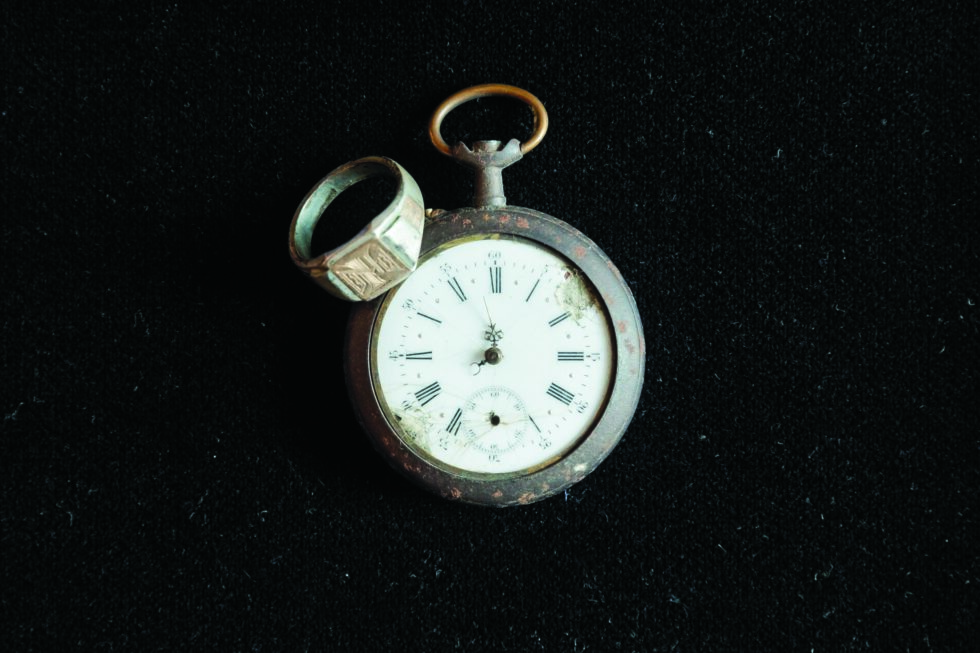
Rabia had to perform hard physical forced labor in the Hanover-Stöcken sub-camp. A few weeks before the end of the war, the Nazis sent him and other prisoners on a death march to the small town of Gardelegen in northern Germany. Rabia Boucif either died during this death march on April 11, 1945, or was murdered in Gardelegen. Two days later, members of the SS, the SA, and the Wehrmacht massacred about 1000 concentration camp prisoners in a barn in Gardelegen. Rabia Boucif was buried together with the victims of this crime in what later became the Cemetery of Honor. It was not until recently that new research enabled an employee of the Arolsen Archives to identify his grave, which had previously been thought to belong to a different prisoner.
Successful family research
After the war, one of Rabia’s sons traveled to France in search of clues to his father’s whereabouts. But despite searching and asking questions in many different places, he never found any answers. Meanwhile, Rabia’s descendants have now been living in France for many years. And one of our volunteers, Chloé Szaibrum, whose grandfather was also persecuted by the Nazis, found Rabia’s grandchildren and great-grandchildren.
Finally having clarity about the fate of their great-grandfather is almost more important for the family than having the mementoes returned to them. This is one more case where the #StolenMemory campaign is helping to fill painful gaps in a family’s history. Next, the family would like to travel to Rabia’s grave in Gardelegen. Kabir Boucif thanked everyone who was involved and found the following words to describe the work of Arolsen Archives:
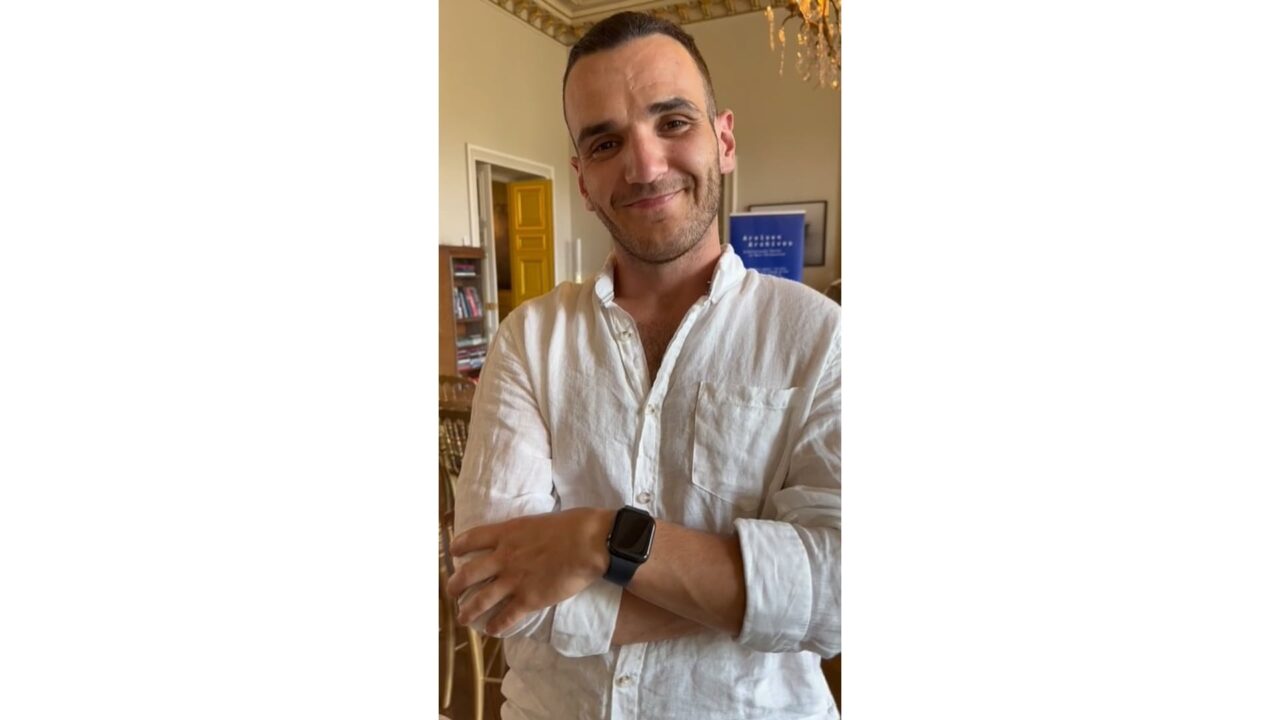
“I am a nurse, I heal bodies. You heal hearts.” Kabir Boucif
Possessions of Jewish victims of Nazism
It is exceptionally rare for one of the approximately 2,500 envelopes stored at the Arolsen Archives holding prisoners’ personal effects to contain items belonging to a Jewish victim of persecution. That made it all the more remarkable that mementoes were returned to the families of two Jewish persecutees at the ceremony which took place on June 30, 2023, at Paris City Hall.
Both Anna Heham and Edgar Kofler emigrated to France from Eastern Europe during the interwar period. The Nazis murdered many members of Anna Heham’s family. Anna herself survived imprisonment in the Ravensbrück concentration camp and the Hanover-Limmer sub-camp. She initially returned to France and later emigrated to the Soviet Union. Edgar Kofler joined the Resistance and was arrested by the Gestapo three years later. He died along with more than 5,000 other concentration camp prisoners, when the concentration camp ship the Cap Arcona sank in the Bay of Lübeck.
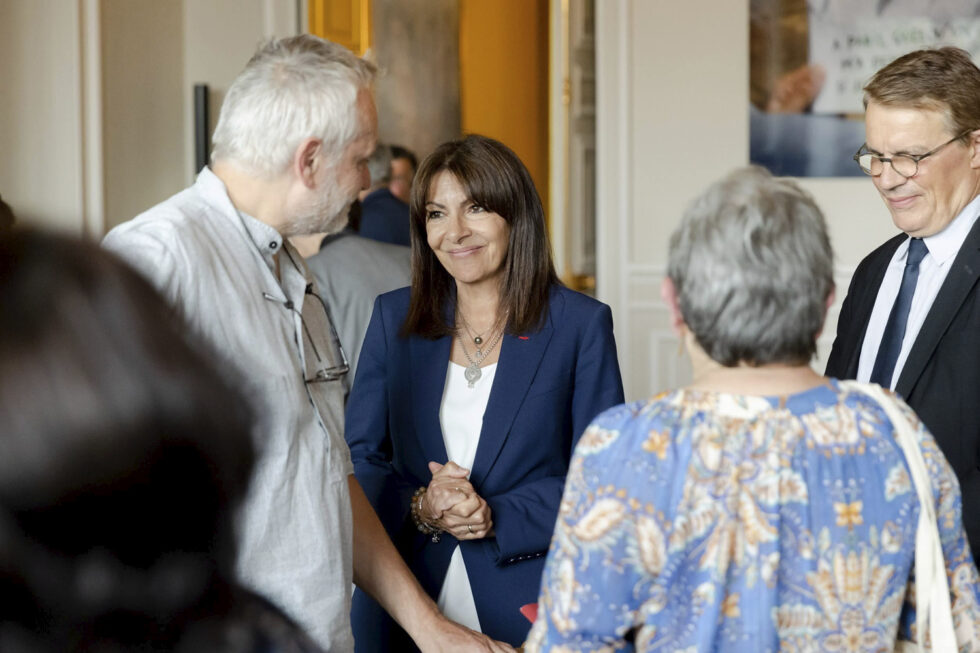
The #StolenMemory traveling exhibition is currently touring through France; it relates the fates of other victims of persecution and describes the search for their relatives.
All exhibition dates can be found on the website.

